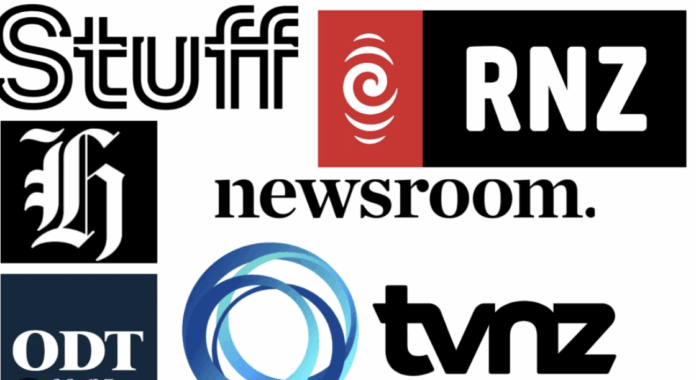In an era where the digital world shapes nearly every aspect of our lives, the way New Zealanders access news and engage with public debate is evolving at breakneck speed. From independent blogs to sprawling social networks, the media ecosystem is more diverse and contested than ever. But with innovation comes a pressing question: who is holding the digital gatekeepers to account?
How Media Trust is Changing
Trust in traditional media has been eroding for years, and the reasons are as complex as they are urgent. Many Kiwis feel mainstream outlets are too close to political and corporate interests, leaving gaps in coverage that independent voices have rushed to fill. Yet, while the proliferation of digital platforms has democratised information, it’s also made it harder to separate fact from fiction. The result is a public that’s more sceptical, more fragmented, and at times more vulnerable to misinformation.
This isn’t just a local phenomenon. Globally, media watchdogs and civic groups are sounding the alarm about the dangers of echo chambers and algorithm-driven news feeds. In New Zealand, the challenge is to foster a digital environment where robust debate thrives, but accountability isn’t sacrificed. That means not only supporting quality journalism, but also demanding transparency from the tech giants and online publishers who now wield enormous influence over what we see and believe.
Digital Innovation and Accountability
The explosion of digital media has brought new opportunities for community engagement and storytelling. Independent blogs, podcasts, and online forums give space to voices often sidelined by mainstream outlets. But innovation can also outpace regulation, creating an accountability gap. Who ensures that digital publishers play fair? How do we protect the public from manipulation, soft corruption, or the subtle shaping of opinion by unseen hands?
The rise of online platforms that straddle news, entertainment, and even leisure activities illustrates the complexity of the modern digital landscape. For example, sectors like new zealand online caisnos have become part of the broader conversation about digital responsibility and consumer protection. While these platforms offer new forms of engagement, they also highlight the need for clear standards and oversight to ensure fairness and trust across all corners of the internet.
Online Communities and Political Discussion
One of the most profound shifts in recent years has been the rise of online communities as spaces for political debate and civic action. Whether it’s a Facebook group mobilising around a local issue or a comment thread dissecting government policy, these digital forums are where many New Zealanders now hash out the issues that matter most. But the informality and anonymity of online spaces can be a double-edged sword, amplifying both genuine grassroots voices and, at times, toxic or misleading content.
Recent political events have underscored just how much digital communities shape public opinion and electoral outcomes. In a detailed discussion of recent New Zealand political shifts, the Tamaki Makarau by-election analysis highlights how changing demographics and social media strategies are reshaping political discourse and electoral outcomes. The challenge for the future is to ensure these spaces remain open, inclusive, and grounded in facts rather than becoming echo chambers for the loudest or most extreme voices.
Building Media Integrity for the Future
If New Zealand is to build a digital media environment worthy of public trust, it will require more than just technological fixes or regulatory tweaks. It demands a renewed commitment to transparency, ethical standards, and genuine community engagement. Journalists, publishers, and tech companies alike must be willing to answer tough questions about their practices and priorities. At the same time, citizens need to be empowered with the skills and resources to critically evaluate the information they encounter online.
Ultimately, the future of digital media in Aotearoa will be shaped by the choices made today by individuals, institutions, and the communities they serve. Whether it’s calling out misinformation, supporting independent journalism, or participating in the digital public square, everyone has a role to play in safeguarding the integrity of our shared information landscape. The conversation is far from over, and the stakes could not be higher.


